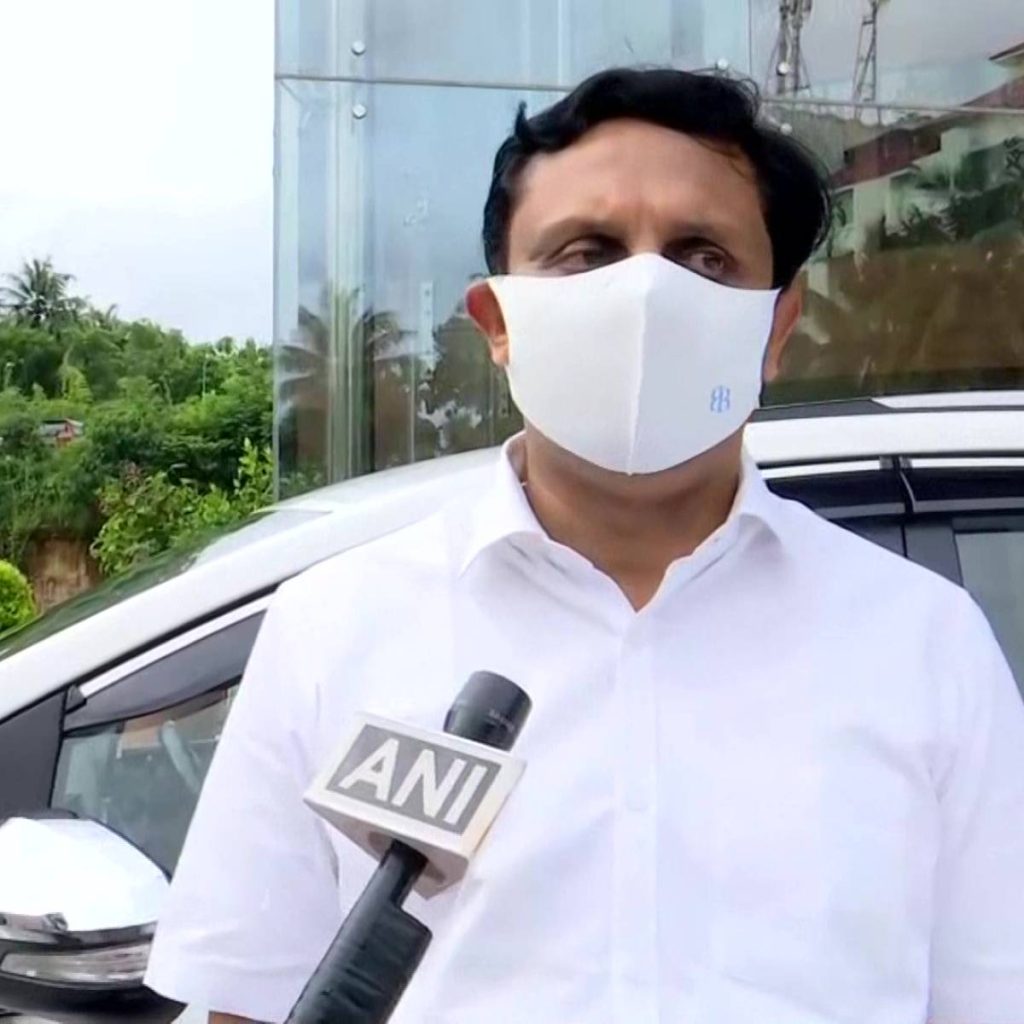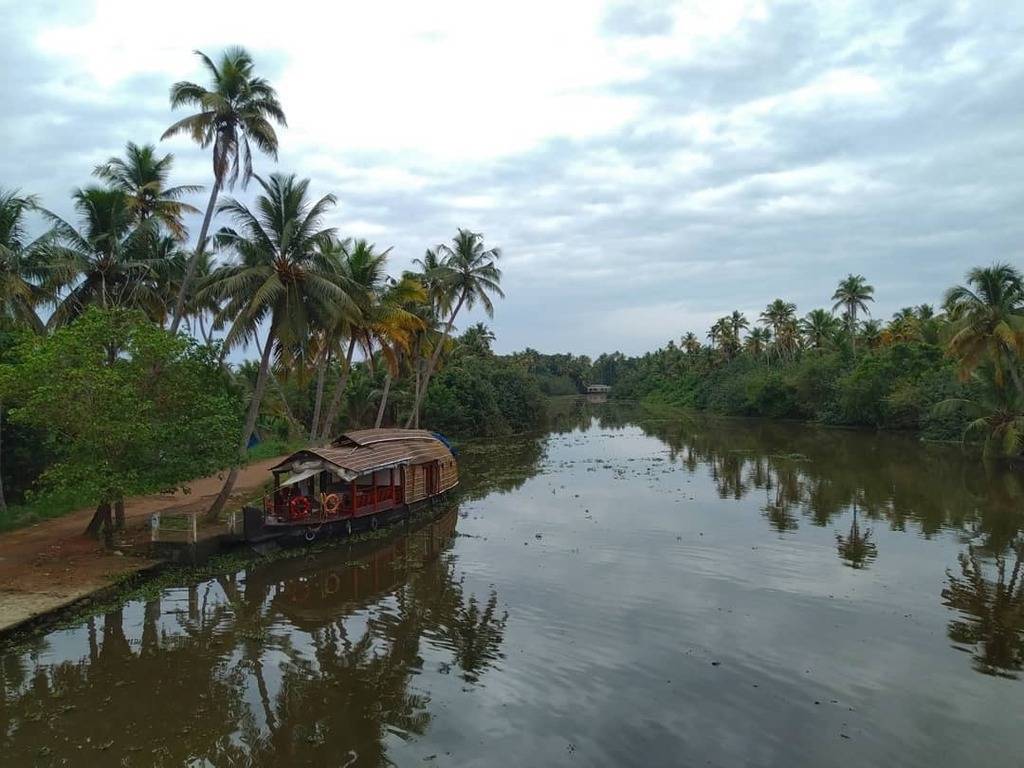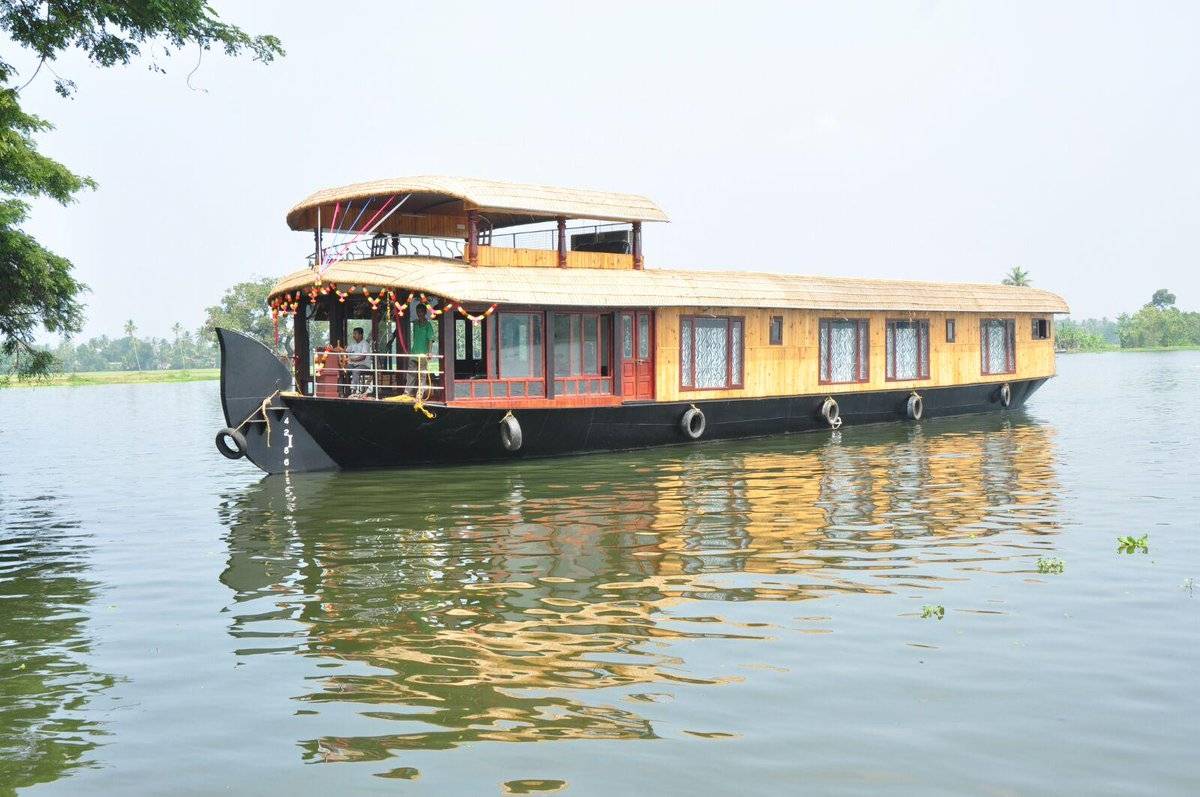The tourism industry in the state now displays optimism as it walks to embrace the new year with resilience ingrained in its DNA…writes PA Mohammed Riyas
Kerala’s economy is heavily reliant on tourism and the sector for the past two years was deeply impacted by the Covid-19 pandemic. But the long disruption also gave the state a unique opportunity to re-assess its tourism strategy and explore fresh pathways towards a sustainable future.
Tourism administrators have realised that the road map to the future should be driven by engagement with local communities and supported by policies that raise the profile of domestic attractions with focus on sustainability. The bio-bubble programme of Kerala Tourism and its impetus on total vaccination to make the destinations safe has instilled new confidence in the sector. The state began witnessing an increase in arrival of domestic tourists as a result and the majority of tourism destinations have now achieved set targets.

That Kerala tops the Happiness Index in the recent State of the States Survey 2021 by India Today. This should be seen as an attestation of its special status. Domestic tourists from across India embraced Kerala as their most loved destination in 2021, thanks to the Safe Kerala-Safe Tourism slogan, which seems to have resonated well with them. Kerala Tourism is planning and implementing multiple programmes so that the sector, which is in the path of resurgence, would attain more strength in 2022.
The tourism industry in the state now displays optimism as it walks to embrace the new year with resilience ingrained in its DNA.
One of the major initiatives by Kerala Tourism is the ‘Keravan Tourism’, which envisages promotion of Caravan Tourism in Kerala, predominantly in the private sector, through incentivising the procurement of caravans and establishing caravan parks. The initiative would help turn hitherto unexplored destinations in the state, where accommodation facilities are minimal. The bubble-like nature of the product also makes it endearing for families who are apprehensive about safety of travel during the pandemic.
The department has already embarked on registering caravans and caravan parks and the scheme has been received well. Around 218 caravans have already registered with Kerala Tourism.
The ‘STREET’ project to be implemented in select spots in seven districts by the Responsible Tourism Mission would also give an impetus to village tourism. The STREET is an acronym for Sustainable, Tangible, Responsible, Experiential, Ethnic, Tourism hubs and would help rural destinations develop their basic infrastructure.
In the initial phase, the project would be implemented in the districts of Kozhikode, Palakkad, Kannur, Kottayam, Kasaragod, Idukki and Wayanad. The project, to be implemented in Public-Private Partnership (PPP) mode, would have local bodies and village residents as stakeholders.
There are also plans to set up food streets to showcase the food diversity of the state. Kerala Tourism is also joining hands with the local self-government department to develop at least one destination in a local body to strengthen domestic tourism. A Destination Challenge programme, aimed at developing historic spots and culturally important locations that tourists may find attractive, has also been launched.

As part of its international marketing strategy, Kerala Tourism is planning to participate in the Trade Fairs and B2B meets in cities like Madrid, Tel Aviv, Milan, Berlin, Paris and Moscow during the year 2022.
We hope that these initiatives would help open up opportunities for local businesses, create new jobs, develop rural infrastructure, and revive traditional art forms, thereby strengthening the economy. Promotion of an agri-tourism network, film tourism and development of niche products like literary tourism and biodiversity circuits are also on the anvil. They also hold the potential to provide new experiences to tourists and increase their length of stay.
(The writer is Kerala’s Minister for Tourism and Public Works)

Leave a Reply